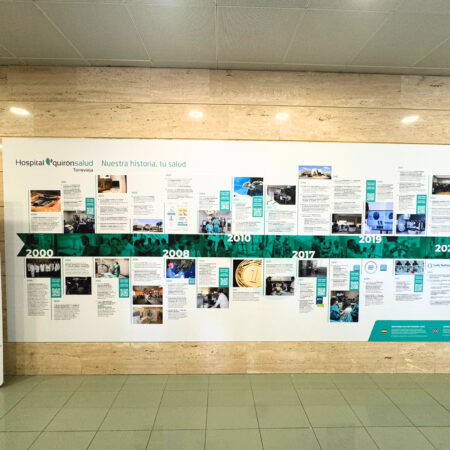The Ministry of Justice, through the National Institute of Toxicology and Forensic Sciences (INTCF), has doubled the number of genetic profiles registered in the INTCF-ADNIC system, for criminal investigation, in the last six years, going from 404 profiles registered in 2016 to 801 in 2022. The cumulative number of profiles registered at the end of last year was 5,520.
The acting head of Justice, Pilar Llop, explained that “thanks to the work of this team of professionals, we can obtain highly reliable DNA profiles of biological evidence of criminal interest, and compare them in the database with the DNA of people investigated for serious crimes, in order to identify their individual origin.”
The INTCF-ADNIC system aims to genetically compare biological remains of unknown origin with each other and with samples of profiles of individuals investigated in a criminal case, in order to identify matches between the DNA profiles and, thus, provide data in the investigation into the possible authorship of serious crimes without an identified perpetrator.
According to the data obtained, 82% of the total profiles registered by the INTCF are related to crimes against sexual freedom and indemnity, including gender violence, both in adults and minors.
Furthermore, 10% of the registered profiles are related to homicide crimes; 6%, with crimes of robbery with force or robbery with violence and intimidation; and the rest with crimes such as injuries, crimes against public health or terrorism.
Of all the records, 60% (3,303) are genetic profiles of biological remains of unknown origin found on the body, clothing or objects of the victims or investigated, or at the scene of the events; and 40% (2,217) correspond to reference genetic profiles of those investigated for a serious crime, with which the comparison is carried out to try to identify the donor of said vestiges in other unsolved crimes.
During the year 2022, the comparison between the DNA profiles registered by the State and Autonomous Security Forces and Bodies and the INTCF in the DNA database contributed to the clarification of 397 crimes against sexual freedom and indemnity, of which 210 (53%) were clarified in the INTCF.
On the other hand, the INTCF is also responsible for the INTCF-ADNID file, for investigating missing persons. As of December 31, 2022, a total of 466 genetic profiles have been registered from unidentified corpses.
A fifth of these records have been identified thanks to the comparison with the genetic profiles of samples of relatives or samples attributed to missing persons registered in the national node by other institutions.
In both the INTCF-ADNIC and the INTCF-ADNID, genetic profiles are systematically compared using the CODIS software in the local node of the Ministry of Justice and, in the national node of the DNA database, to which they also contribute the forensic laboratories of the police forces, both national and regional, and which is managed by the SES.
Furthermore, DNA profiles registered in the national node are routinely checked against the DNA databases of 23 European countries.
The post DNA database doubles appeared first on Spain Today – Breaking Spanish News, Sport, and Information.











